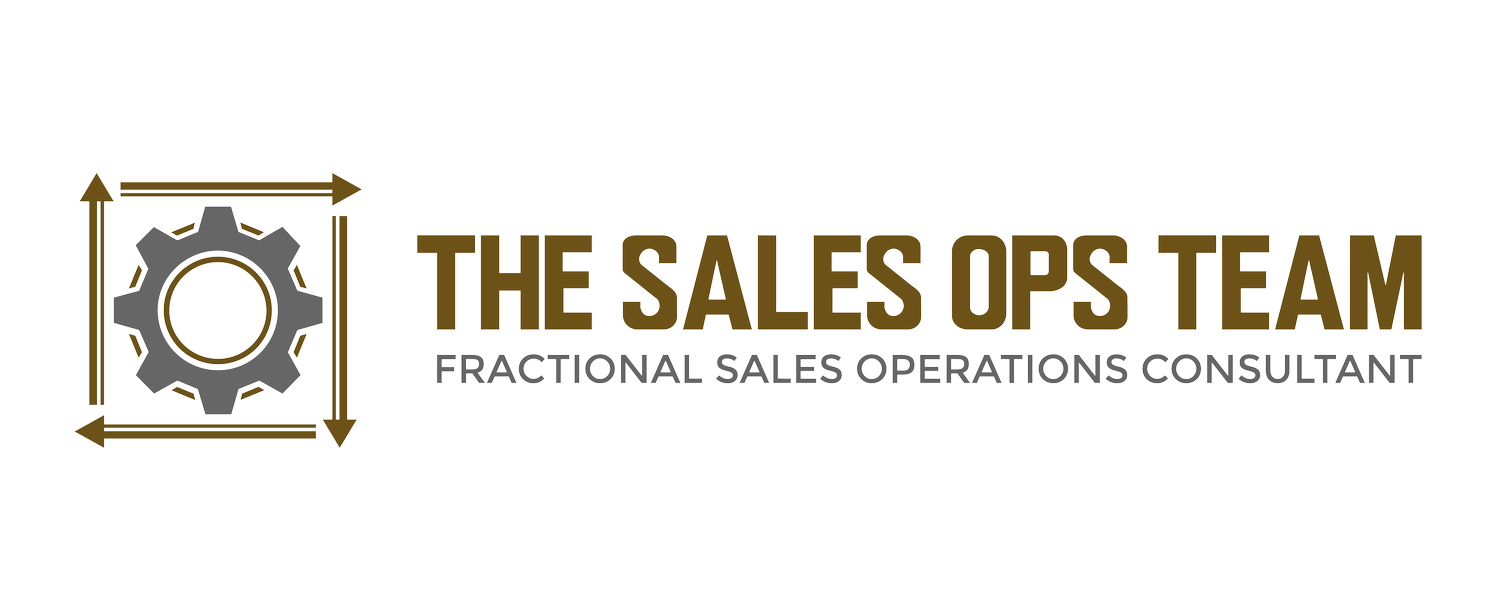What Is a CRM (and Why You Might Need a Sales Operations Partner)
What Is a CRM?
If you’ve ever kept customer details in a spreadsheet, scribbled sales notes on sticky notes, or wondered “What happened to the guy from Montana with the llamas?” — you’ve already felt the pain of not having a CRM. Leads come in left and right (some more memorable than others)…a good CRM makes sure none get lost.
CRM stands for Customer Relationship Management. It’s a software tool that helps you keep track of every interaction with your customers — past, present, and future. Think of it as a digital filing cabinet, calendar, and sales assistant all in one.
With a CRM, you can:
Store customer contact info in one central place
Track conversations, emails, and orders
See where each lead or deal is in your sales process
Pull aging customer reports
Set reminders so no one “slips through the cracks”
Wrap your arms around pipeline productivity and better forecast revenue
Pull reports to understand what’s really driving sales
Profile your customers so you can serve them better
Embrace productivity among your sales team
For example, imagine you own a website selling herbal supplements. You talk to customers every day — some are prostate cancer patients, some have urinary disease, many are dog owners (maybe you are considering selling pet supplements), and some are simply health enthusiasts. In a CRM, you can tag or note those details (such as age, health focus, or even their dog’s name, if it matters to your business). Over time, you’ll notice patterns: perhaps men over 50 consistently purchase a specific formula, or dog owners return for joint supplements, or women tend to buy more of your products than men.
Or, if you’re in the sporting goods manufacturing industry, you can track who is just a weekend camper versus who is also hunting or fishing, who is focused on youth sports, and who requires repeat orders each quarter. This profiling enables you to tailor your marketing and communication so that customers feel like you “get” them — because you actually do.
With a CRM, you have the tools to automate, perfect your processes, and rarely miss a sale.
Why Do You Need a Sales Operations Person?
Here’s the catch: a CRM is only as good as how it’s set up. Out of the box, most CRMs feel overwhelming because they are programmed for their sales team to catch every industry (car dealerships, online resellers, manufacturers, pet store owners, the list never ends). They’ve got too many buttons, too many features, and you can’t find the stuff you actually need (but you know it’s in there somewhere).
That’s where sales operations come in. A sales operations person (or “sales ops” for short) helps you:
Select the right CRM for your business size and industry
Customize it so it matches your workflow (not the other way around)
Train your team so everyone actually uses it
Build reports and forecasts so you can make decisions based on real numbers
Keep things organized long-term so your CRM doesn’t turn into just another messy tool.
In plain English: The Sales Ops Team makes sure the CRM works for you, not against you.
Without sales ops, a CRM can sit half-empty, confusing your team and wasting your investment. With sales ops, the CRM becomes your growth engine: you’ll know which products are selling, which customers need attention, and where your next opportunity lies. Instead of adding a $120k salary to your payroll, you can partner with someone like The Sales Ops Team to meet your business needs.
Wrapping It Up
If your business is growing beyond spreadsheets and sticky notes, it’s time to look at a CRM. And if you want that CRM to actually drive sales, not just collect dust, partnering with The Sales Ops Team is the smartest move you can make.
Your time should be spent growing your online store, or designing that next line of products — not wrestling with software. Sales ops bridges the gap so you can do what you do best, with the confidence that your customer relationships (and your revenue) are running smoothly in the background. Book your free consultation now.

